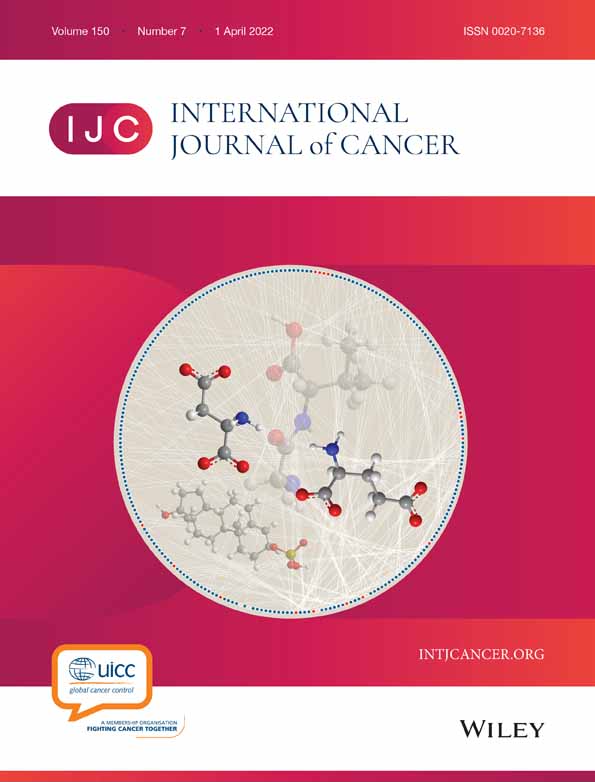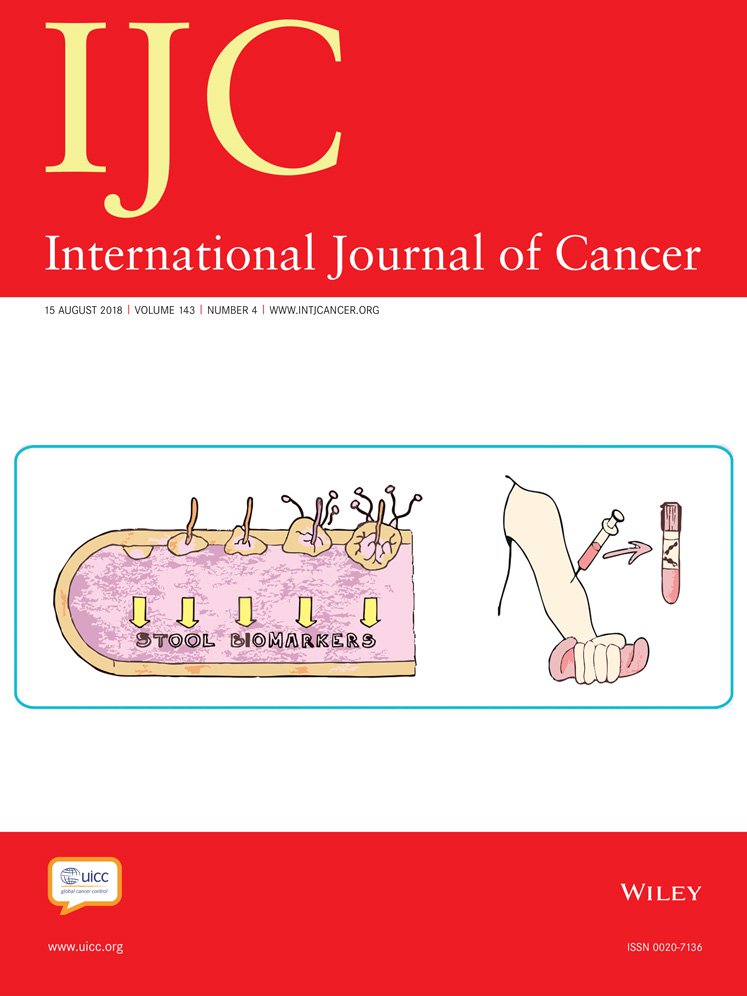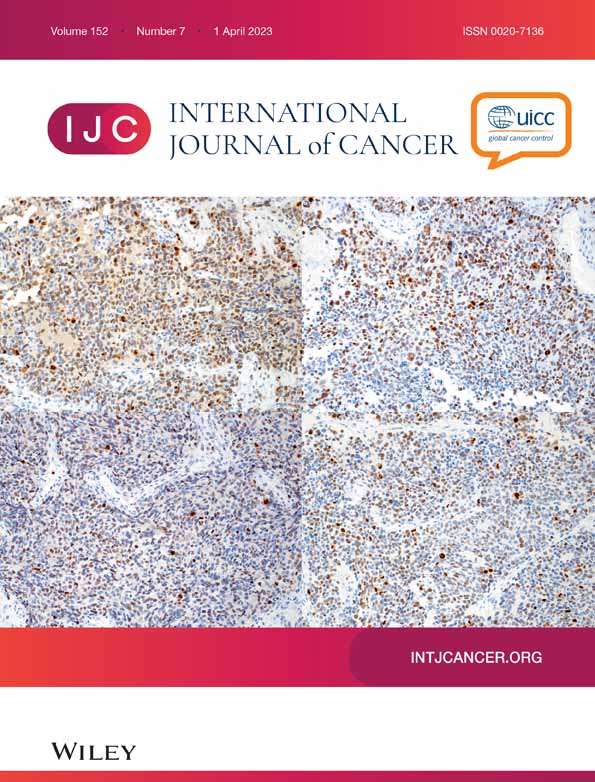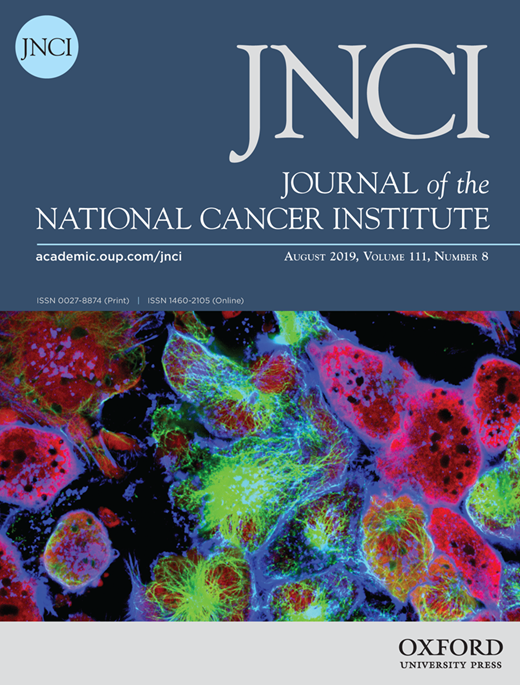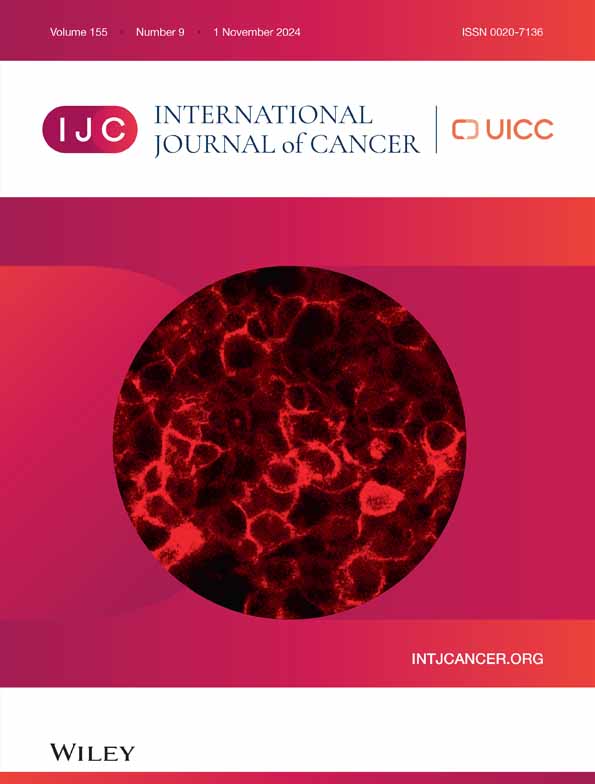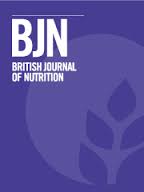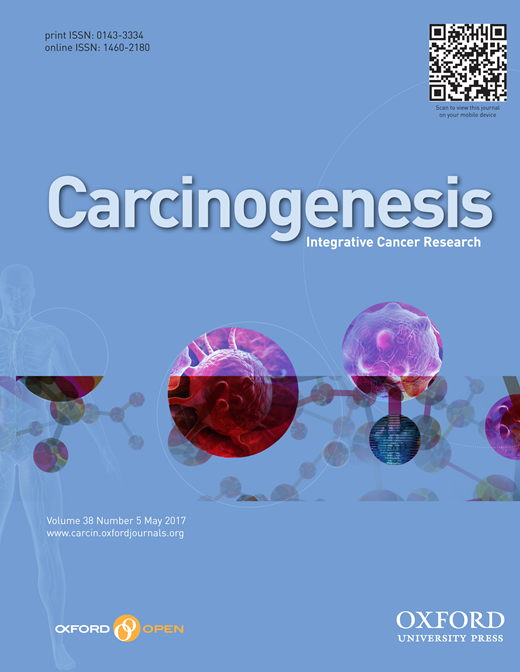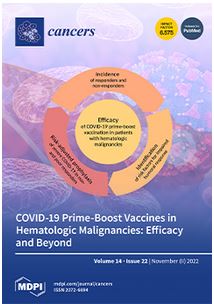Prediagnostic alterations in circulating bile acid profiles in the development of hepatocellular carcinoma
Bile acids (BAs) play different roles in cancer development. Some are carcinogenic and BA signaling is also involved in various metabolic, inflammatory and immune-related processes. The liver is the primary site of BA synthesis. Liver dysfunction and microbiome compositional changes, such as during hepatocellular carcinoma (HCC) development, may modulate BA metabolism increasing concentration of carcinogenic…



